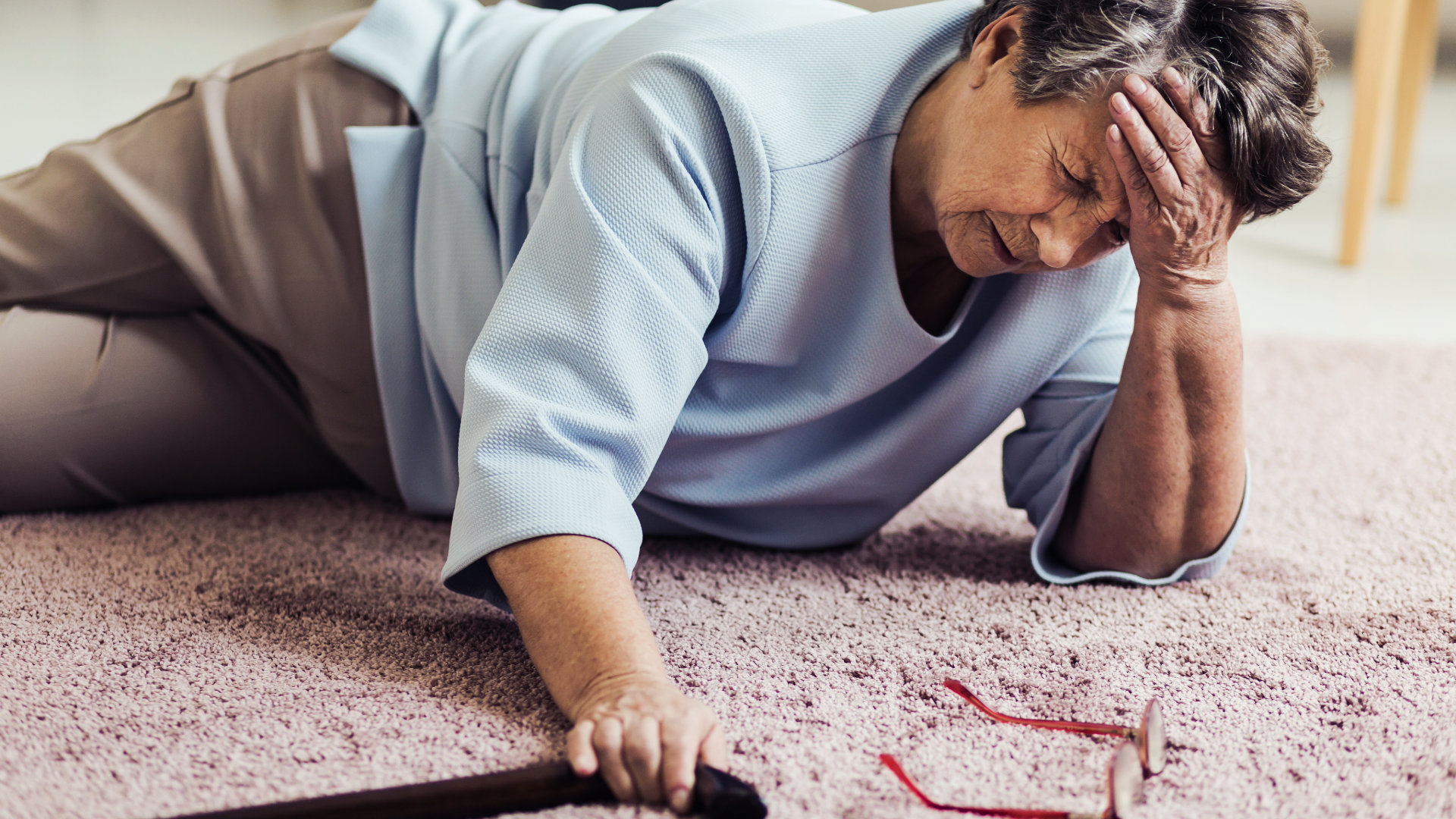Prunes: The Surprising Bone-Boosting Superfruit for Women
Description
In this article, The Medical Experts @ The Health Standard, share their expert insights of the findings and provide Hawaii residents with evidence-based recommendations for protecting their health.
Why This Matters to You
A new study from Penn State University suggests that prunes may play a significant role in supporting bone health in postmenopausal women. This research is particularly relevant for women in Hawaii County, Hawaii, because maintaining strong bones can significantly impact quality of life and independence.
What This Means for Your Health
Incorporating prunes into your daily diet could help preserve bone density and strength, potentially reducing your risk of fractures and osteoporosis. This simple dietary change offers a natural, accessible way to support bone health, especially important for women experiencing age-related bone loss. While more long-term research is needed, this study provides encouraging evidence for the potential benefits of prune consumption on bone health.
Doctors' Expert Insights and Actionable Steps to Protect Bone Health
We approached our panel of health experts and they added some color to these findings.
Dr. Puja Uppal, Family Medicine, commented: "Engage in weight-bearing exercises by incorporating activities like walking, dancing, or low-impact aerobics into your routine. These exercises stimulate bone formation and improve balance, reducing fall risk. And, you should know that a social mind is a healthy mind. So, while you're dancing your way to a healthy body, you're also working to improve your mental health."
Regular bone health monitoring: Dr. Adriana Davis, DO, recommends: "Schedule your bone density scans, especially if you're over 65 or have risk factors for osteoporosis. Early detection is key to preventing fractures."
Optimize calcium and vitamin D intake: Dr. Shelandra Bell, DO, also noted that "...while prunes are beneficial, they don't replace calcium and vitamin D or any other prescribed medicines that your doctor may have put you on. This is not the time to just stop taking those--please have a conversation with your doctor before you stop any prescribed medicines."
Reduce fall risks at home: Dr. Lindsay, Boik-Price, an emergency room physician cautioned: "You should conduct a home safety assessment. Remove tripping hazards, improve lighting, and consider grab bars in bathrooms. Strong bones are crucial, but preventing falls is equally important."
Key Findings
Bone density preservation: The study found that daily prune consumption impacted factors related to fracture risk, particularly in the tibia (shin bone).
Maintenance of bone strength: Women who consumed prunes maintained bone density and bone strength and preserved bone structure, especially in cortical bone.
Potential fracture risk reduction: The research suggests that regular prune consumption could help reduce the risk of fracture in postmenopausal women.
Study limitations: The researchers note that while these results are promising, longer-term studies, with larger populations, are needed to fully understand the effects of prune consumption on bone health.
The Bottom Line
While more research is needed, prunes show promise as a natural approach to supporting bone health for postmenopausal women in Hawaii County, Hawaii. By incorporating 4-6 prunes into your daily diet, along with other bone-healthy habits, you can take proactive steps to maintain your bone strength and reduce fracture risk. Remember, small dietary changes today can lead to stronger, healthier bones tomorrow. As research continues, consult with your healthcare provider to determine the best approach for your individual bone health needs.
Read the study in Osteoporosis International. (Visit Here)
Read More: The Truth About Treating Constipation with Prunes and Butter | Doctor Explains.

Health Standard Newswire: Weak Bones Can Turn a Simple Misstep into a Life-Changing Event.
Beyond Fractures: 5 Hidden Dangers of Weak Bones in Hawaii County
Weak bones pose risks beyond just fractures:
- Limited Mobility: Fear of falling can restrict daily activities and independence.
- Chronic Pain: Back discomfort may persist even without visible fractures.
- Shrinking Stature: Spinal weakening can lead to noticeable height loss and posture changes.
- Breathing Difficulties: Vertebrae changes may reduce lung capacity, affecting respiratory health.
- Mental Health Challenges: Anxiety, depression, and social isolation often accompany bone health issues.
Key Health and Medical Statistics of Hawaii County, Hawaii
Did you know there were 656 deaths from accidents in Hawaii in 2021?
23.6% of you in Hawaii County have been screened for cholesterol in the past 5 years.
8.7% of you in Hawaii County have been diagnosed with diabetes.
36.4% of men, age 65 and older, in Hawaii County are up to date on their core preventative services.
34.4% of women, age 65 and older, in Hawaii County are up to date on their core preventative services..
Health Facts That Matter: The health data mentioned above have a direct impact on your physical well-being and play a crucial role in determining your overall health outcomes.
The Health Standard Newswire.










